How to have a Healthy Relationship with Food
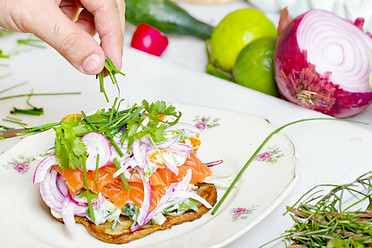
Is food a source of fear or comfort in your life? After you eat, do you find yourself feeling guilty or unsatisfied? If you’re like many people and answered yes to one or both of those questions, it’s possible that you may not have the best relationship with food. Understanding the role that food plays in our lives is essential when it comes to living a healthy lifestyle and overall wellness. With this in mind, I’d like to share 5 tips with you on how to have a healthy relationship with food!
How do you view food?
With all the information and statistics that are constantly thrown at us surrounding food and dieting, it is easy to feel overwhelmed or discouraged when it comes to eating. When this happens, it is best to get a new perspective on the matter. So how do you view food?
Unfortunately, I’ve discovered that since the issues with recent events, eating seems to be just another way to kill time. But food can mean various things to all kinds of people. Some simply see it as a tool for weight loss or weight gain. Others rely on food as a source of comfort or emotional support. And many people don’t give much thought to the matter at all. I believe that analyzing your outlook on the food that you eat and, even more, examining what you hope to get out of a meal can be key to establishing a healthy relationship with food.
The fact of the matter is food is an integral part of all of our lives. Not only do we need to eat to survive, but food is essential in orchestrating our mental and physical stability. The energy to get through our busy work days and the nutrients to keep our bodies functioning properly are all fueled by the things that we eat. So here are some helpful tips to remember when thinking about food.
5 Tips for a Healthy Relationship with Food
1. Be Mindful!
When you sit down to eat, instead of focusing on the calorie count of the meal, focus on how you’re feeling as you eat it.
Indulge all of your senses! Try to take note of:
- How does the food look?
- How does the food smell?
- How does the food taste?
- And, especially, how does your body receive it?
This practice can help to heal your relationship with food because it not only keeps you more alert to what you are putting into your body, but it gives you a better appreciation of what you’re consuming as well.
Minimizing distractions, like television or social media, can help you to maximize this experience. One of my previous articles, “What About Healthy Eating Habits,” has some great tips on how to be mindful as you eat. Overall, the goal is to be present every time you encounter food. Along with becoming more satisfied with your meal, doing so can prevent you from eating too much and feeling guilty because it provides a more accurate account of your hunger or fullness.
2. No More Strict Restrictions!
While it is good to be aware and stay away from foods that your body rejects, completely cutting out certain foods or food groups can often have a reverse effect. Every strict diet that I’ve tried seems to work for a time, but inevitably fails when I let one misstep snowball into binge eating. This is because we tend to reduce food to the labels of good and bad, which is more often than not the cause of many of our psychological issues with it.
The truth is, our bodies thrive when our diets are well-rounded. As much as our bodies thrive off of a healthy amount of fruit and vegetables, fattier foods are also very necessary for a range of bodily functions as well. This being said, I am a huge advocate for getting the nutrients our bodies need from natural sources as opposed to heavily processed foods.
At the end of the day, the key is a change in perspective! Instead of banishing certain foods and punishing yourself for slipping up, try to focus on maintaining a well-balanced diet with all things in moderation. Such a mindset will help you to view food not as an enemy or something to fear, but as a friend that helps to support your wellness!

3. Don’t Make Eating Emotional!
Many people resort to eating as a form of emotional support. If you are feeling stressed, upset, or even just bored, food can easily become a sort of safe space to run to instead of facing your emotions. This is another prime example of an unhealthy relationship with food, however, even such an instinctive habit like this one can be broken!
The moment you think of running to the pantry or the refrigerator, ask yourself: “Am I really hungry?” I know, it seems so obvious, but the goal is to help strengthen your awareness of what and how you’re actually feeling. At the moment when you are able to separate hunger from emotion is when you can begin to confront your feelings head on.
4. Keep a Food Journal!
According to health.usnews.com, a helpful tool to avoid emotional eating and promote mindfulness is keeping an honest food journal. This way, you can become more alert to what and how often you are eating in order to increase personal accountability.
Breaking down your current relationship with food can help to set the foundation for a renewed connection with the things you eat. By keeping track of the details of your meals – including your portions and eating schedule – you can review your habits and the way that they correlate to your moods and the way they change.
While journaling, remember to:
Be honest with yourself – your journal is for your own personal benefit so it is important to accurately track what you’re consuming
Use your journal for self-reflection – the purpose of this activity is not to produce shame but to gain a better understanding of the role of food in your life
Look for patterns – part of knowing yourself is knowing your tendencies and knowing when you are at your most vulnerable.
Additionally, food journals can help with regulation and recognizing the foods that your body accepts and rejects. Below are some food journals that can help you get started.



5. Cook For Yourself!
Let’s be honest. Cooking is not for everyone.
However, a great way to begin building a healthier connection with the food that you are eating is by preparing it yourself! Cooking for yourself allows you to be in complete control of what you are putting into your body. This way, you are in command of the freshness of your ingredients as well as the portions and, most importantly, the flavor! Try out a healthy lunch meal prep experience and it could be a great bonding time for couples and families.
When cooking for yourself:
- Success starts at the store: Lean toward more natural ingredients on your grocery list
- Start easy: With a few simple recipes and then continue to build on what you have
- Get creative: experimenting with flavors and techniques can make the process more enjoyable
- Prepare with proper tools: Be sure you have some great kitchen gadgets like the Ninja Foodi below for cooking meals
 Check out the video above and click here for Ninja
Check out the video above and click here for Ninja
Best Meal Program for Beginners
If you’re looking for a meal program to help you get started and stay focused then try PlateJoy.
With companies like PlateJoy, you can fall head over heels for delicious recipes. It’s not a meal delivery kit that delivers fresh food to cook – instead, you can buy your groceries from your favorite market and take the time to prep and enjoy the process.
PlateJoy makes healthy eating easy in 2 steps: Take the lifestyle quiz to help PlateJoy get to know your tastes, health goals and time constraints. Then receive custom meal plans to simplify your life.
Another thing to consider is that PlateJoy helps you keep your relationship with food healthy. From dietary preferences to weight loss, there’s a plan for you. Think of them as your own personal health assistant helping you achieve your goals and staying on track to a healthier lifestyle.
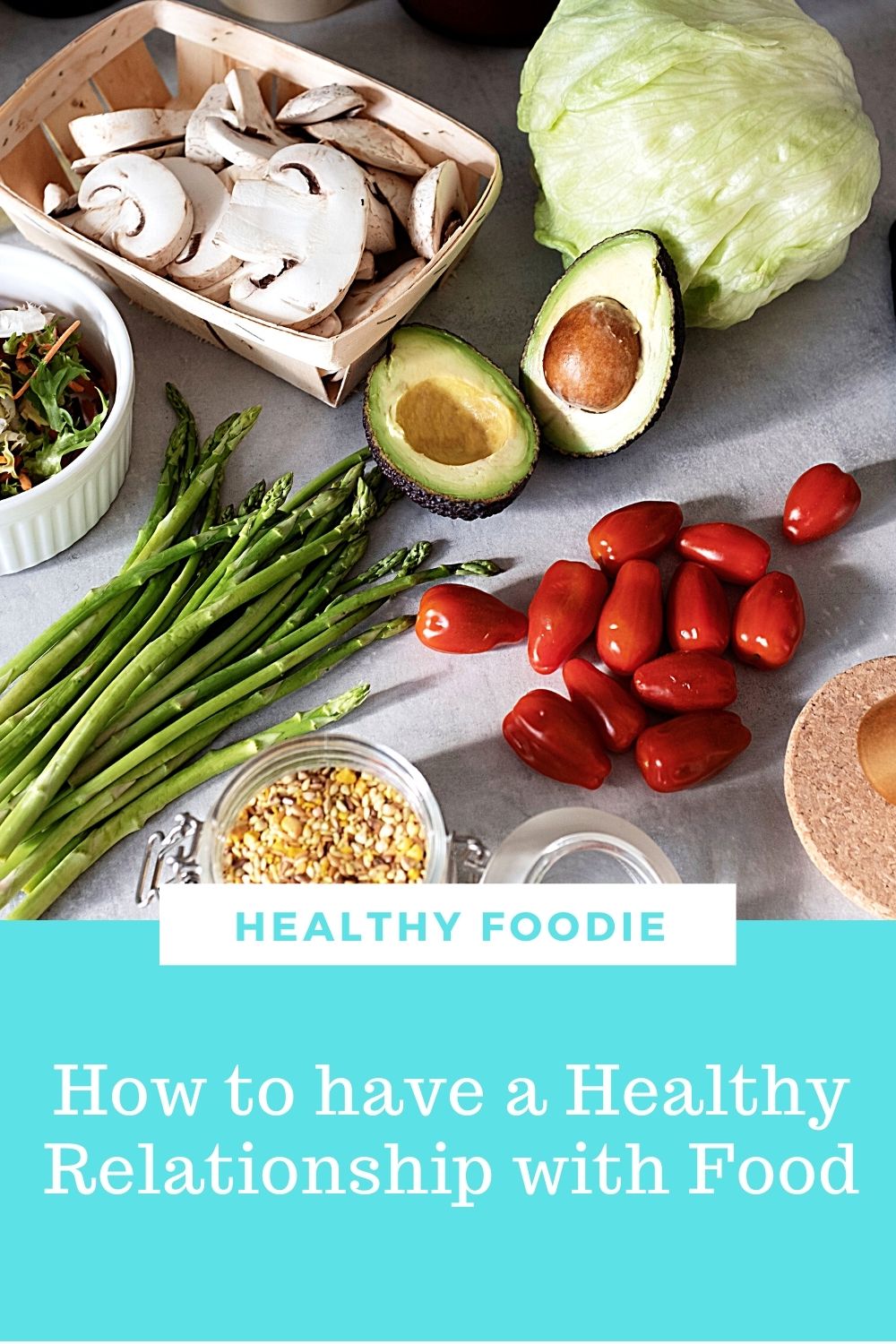
Here’s my easy recipe for the best potato soup
With food being such an essential part of our lives, it should not be something that we battle but something that improves our health. Therefore, I hope you find these tips helpful as you continue to build your own healthy relationship with food! Lastly if you need professional help please contact the National Eating Disorder Association.
Check out my related article How to Eat Healthy on a Budget
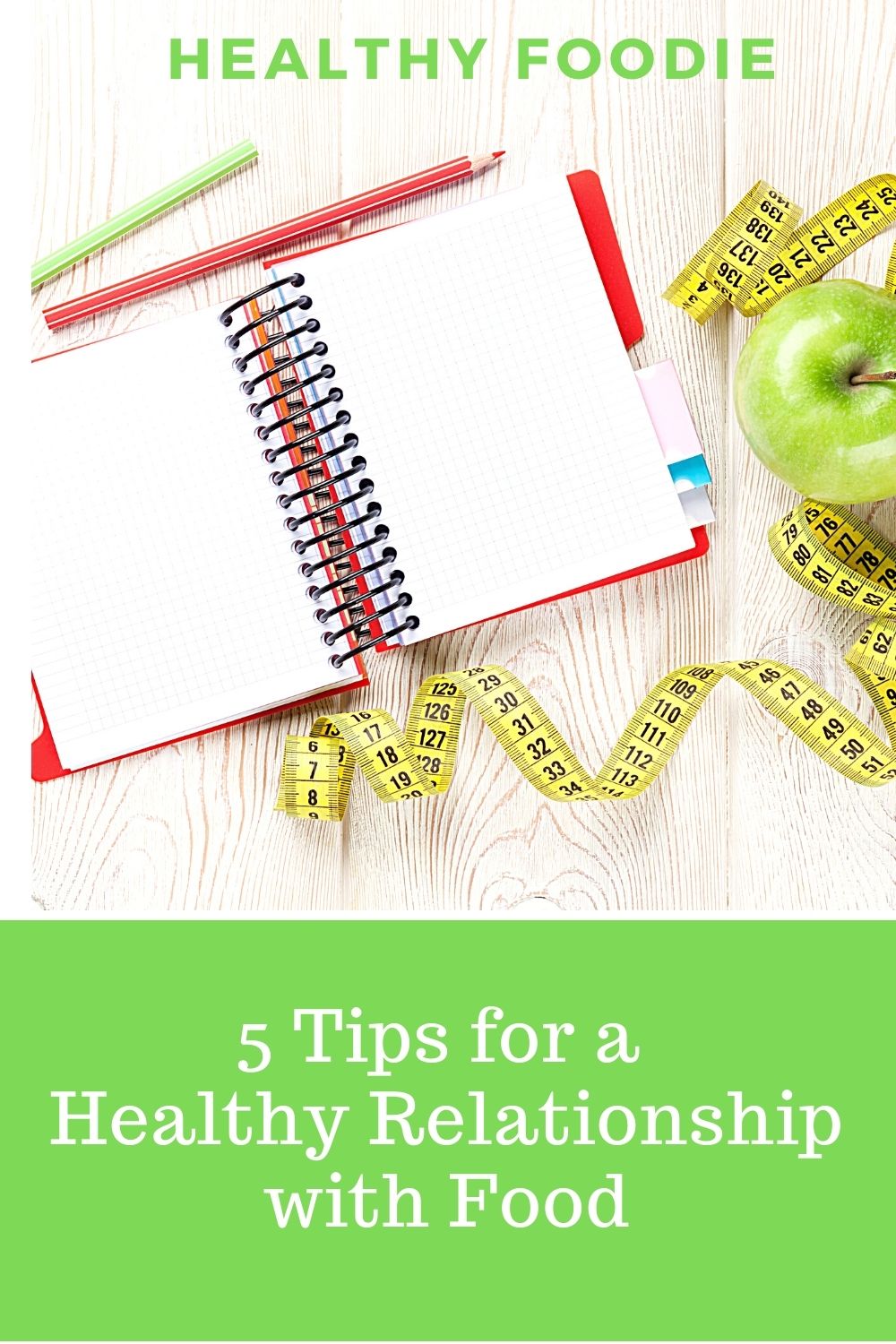
As an Amazon Associate I earn from qualifying purchases. When you use the links on this page to make a purchase I may get a small commission and you may get a great bargain. It’s a win-win all around. Full disclosure. The information contained in this website is for educational and informational purposes only and is not intended as health or medical advice. Always consult a doctor.

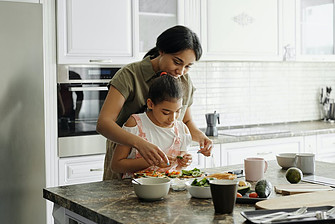
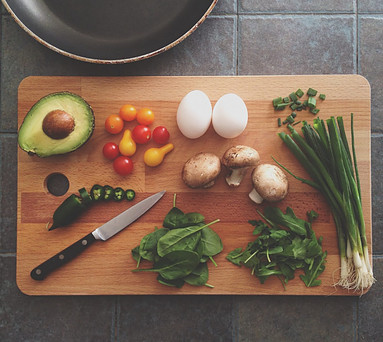

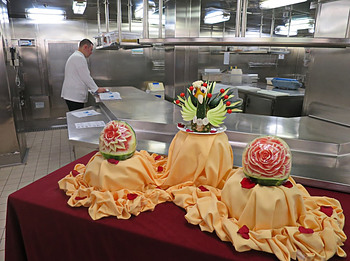

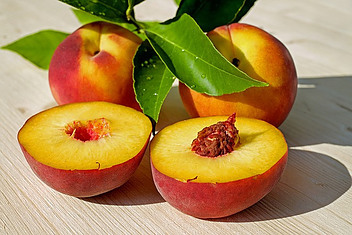


Hey,
This is such an important article for many people around the world, and I hope they come across it. When lockdown in the UK started in March this year, I must admit, my eating habits changed. I was stuck at home most of the time, working from home and socialising at home. I started to get depressed, and I was eating a lot more takeaways than I was before. I put on weight and it just made me more depressed.
I think I started using food as a comfort, rather than a way to fuel my body and aid my exercising. That is another thing that stopped was my exercising.
It has been a real tough time for most people, and it’s great that you have written such an inspirational and informative article that I am going to reference back to.
Thank you for sharing and keep up the amazing work.
All the best,
Tom
@Tom thanks for stopping by and I hope my article can help you and many people. It is a tough time for some people but with support and proper education we can all get through this.
Amazing article. I hope it reaches more and more people. I think that the biggest problem with obesity is people’s mindset about food. If you believe that you are liking the process and change your identity to being a healthy person, then you are going to see major improvements in your health.
Alyse,
I love this article. It is so important that we do have a healthy relationship with food. I always try to help my family out with this exact point. My son, who is 23, doesn’t cook and often eats at fast food restaurants. His fiance is pregnant with our grandson, and I always seem them just eating fast food unless they come to our house for dinner. I worry about the effects this will have on their son, since we all know, fast food does not provide nutrients in any way, but often just provides too many calories.
When I cook, and it’s not every time I cook, I try for a delicious meal where everything on the plate really comes together. The flavors mix well with each other and the whole thing is enjoyable. Some days, regrettably, I cook what I have available in the freezer, but I still try for something nutritious and tasty at the same time.
If we weren’t in a “Hunker down” in Alaska right now, many people would be at their jobs, kids at school, and I know that as a parent it can be hard to come home after a long day and want to cook. But there are so many dinners that can be ready in just 30 mins, that it’s sad many just order take out, or get what’s convenient.
I love this article! Thanks for sharing your insights on the food relationship. It’s so important!
Katrina
@Katrina I know exactly what you mean! I appreciate you sharing here too. Thanks for stopping by!!!
Wow, so true! There were some really great points in this article that really made me look at the way I view food from a different perspective. Food is such an important part of our lives that more people really need to think about more carefully about it.
@Regan thank you for your comment and I’m glad this article could help!
Great article Alyse,
I need to think more about my relationship with food and why I am eating. Do I really enjoy it what I’m eating. Most often than not the answer is yes, maybe that is the problem, I like food too much.
Thank you for the article.
@Cynthia great to hear my article could help! Best wishes!